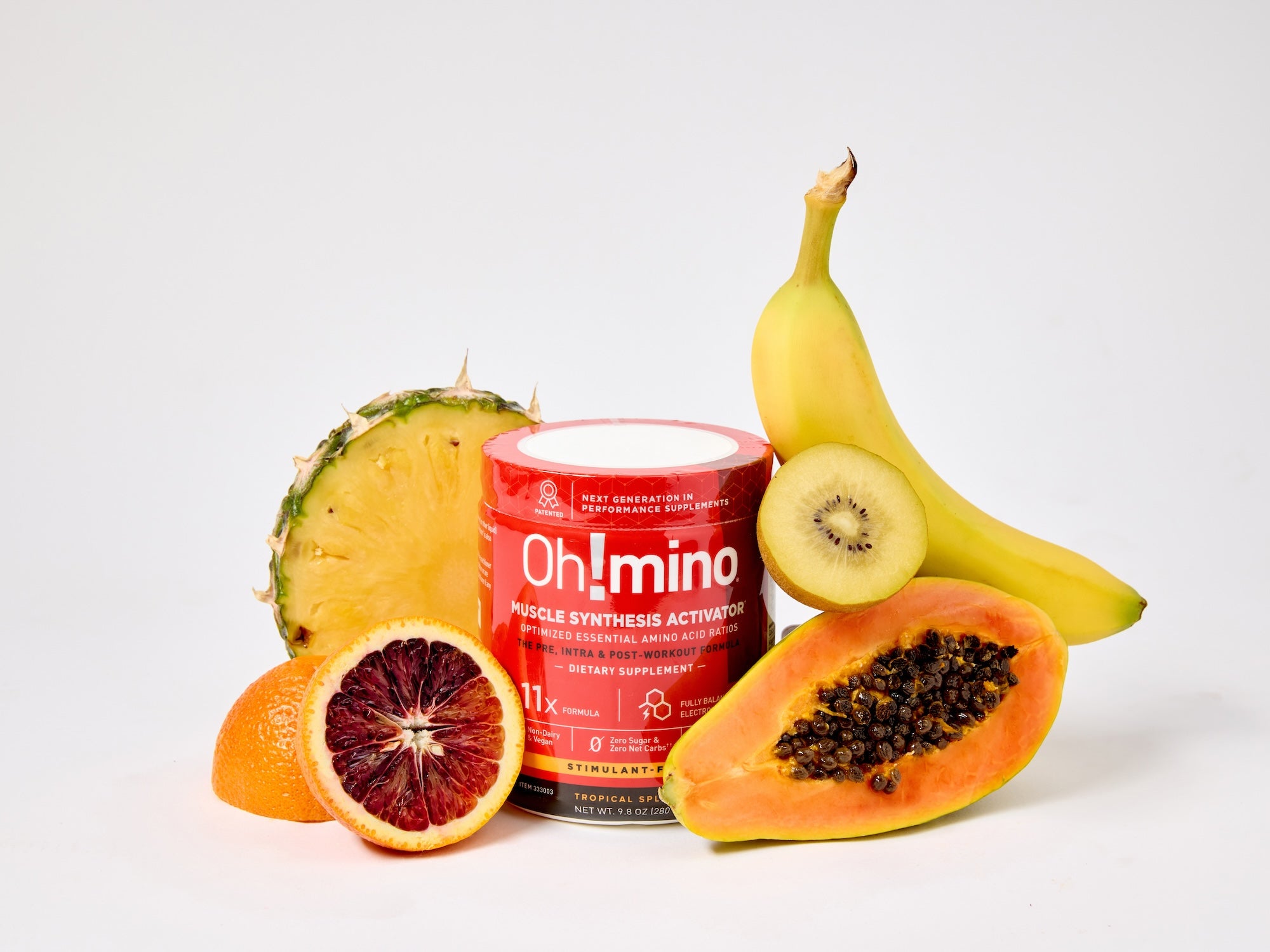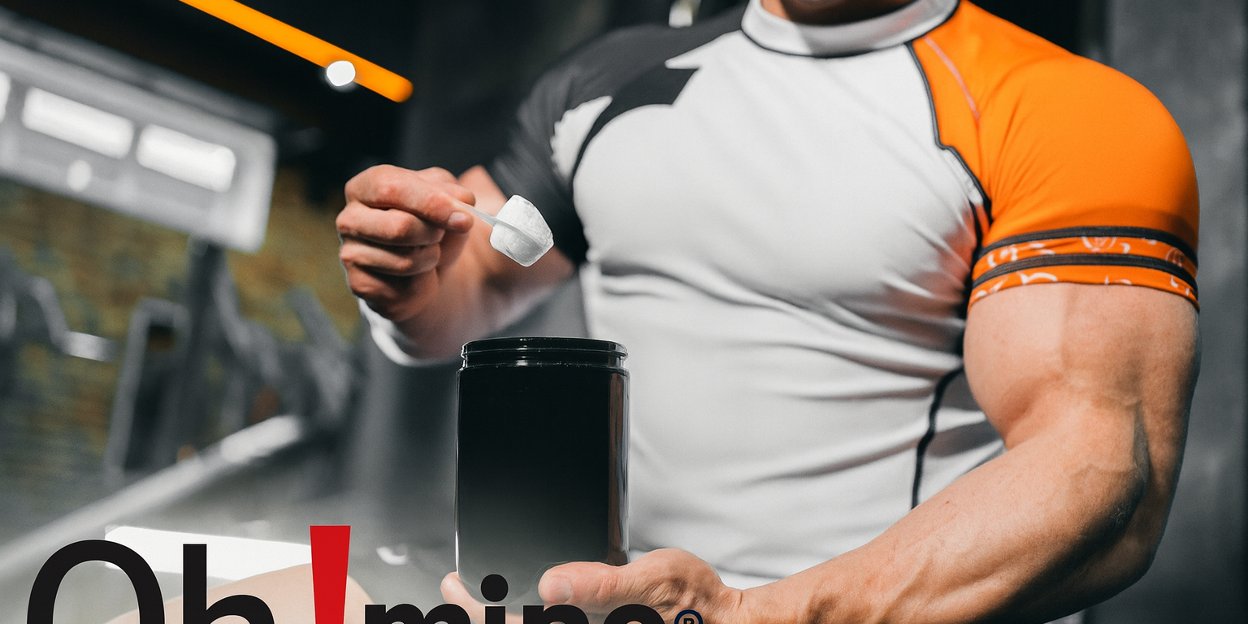Drinking is intricately woven into our culture — we drink to celebrate and to destress — and even when you’re taking BCAAs and optimized amino acids, the damage has already been done.
In part one, we examined how the basics of alcohol — how it’s absorbed in the body and the manner in which it affects protein synthesis. Because alcohol is not only a depressant but also a toxin, if you have specific aesthetic goals in mind, it may be causing more harm than not.
To better achieve your fitness goals supplement with Oh!Mino! Oh!Mino implements patented amino acids to maximize your performance and increase your gains. Follow along in today’s post to understand why alcohol and fitness don’t mix when it comes to reaching your fitness goals.
Alcohol: The Fitness Saboteur
As we’ve mentioned, even though you may be doing everything in your power to create a healthy and sustainable lifestyle through nutrition and fitness, alcohol may be the one factor that is ruining it all. Below we’ll dive into further reasons as to how alcohol will affect your athletic performance.
Dehydration
Because alcohol is a diuretic, it causes your kidneys to work overtime, thus your urine production increases. And, if you’re not drinking enough water, this can actually lead to dehydration. Common signs of dehydration for athletes and fitness enthusiasts are muscle strains and cramps. Your appetite may also decrease when you're dehydrated which causes further complications because not only is your body not processing protein correctly but it is also not being fueled effectively.

Fatigue
Alcohol is first absorbed through your stomach and then in your small intestine where it then moves into your cells and bloodstream and disrupts the systemic balance in your body. The water balance is impacted and impairs the way your body synthesizes adenosine triphosphate (ATP) — energy support. In addition to providing your body with energy, ATP also functions in muscle contraction. Any reduction in ATP can cause a loss of endurance and increase fatigue during a workout.
Vitamin and Mineral Depletion
If you’re consuming mass amounts of alcohol, this severely limits your body’s ability to process and absorb key nutrients such as calcium, zinc, phosphorous, and vitamins A, C, and B. With low vitamin and mineral levels, it impacts your health beyond just your workout.
Increases Fat Storage
Are your fitness goals fat loss? Alcohol will surely affect how your body stores fat. Alcohol contains roughly seven calories per gram, so an average beer can contain anywhere from 64 to 198 calories per drink. Add this to your daily diet and you’ll be packing on weight (fat) in no time. Because alcohol is stored as glycogen and is unable to be accessed during a workout, the body treats this as fat. There no way around this science — the more alcohol you consume, the more fat storage you will have.
Decreases Muscle Recovery
Part of the way we build lean muscle and reduce our fat is in the way our muscles recover. Optimized amino acids, proper nutrition, and sleep all benefit your muscles to help them recover. Steady alcohol consumption affects muscle recovery through your sleep. Have you ever experienced disrupted sleep after a night of heavier drinking? When your sleep patterns are rattled through alcohol consumption, your body is starved of the human growth hormone (HGH). HGH plays a vital role in muscle recovery and alcohol can impact this it’s nighttime release by upwards of 70 percent.
The role of alcohol in your athletic performance should not be ignored if you’re training for specific results. If you’re struggling to make progress, take a look at what you’re drinking!
To fuel your workout before, during, and after, choose Oh!Mino as your leading optimized amino supplement!






